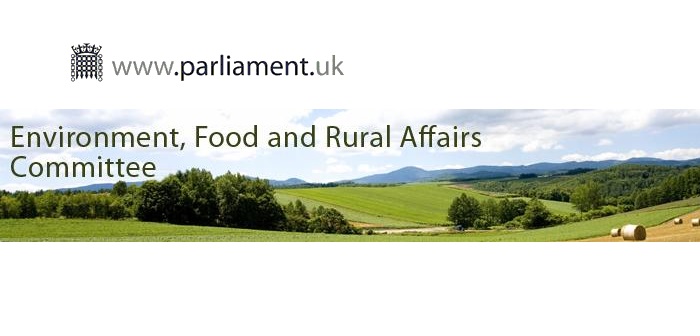Defra has been challenged today to ensure that the ban on sow stalls is enforced across all EU countries, putting an end to any remaining non-compliance which exists in certain member states.
The call is one of many recommendations included in a 45-page report published today by the House of Commons Environment, Food and Rural Affairs (EFRA) committee, following its 2015 enquiry into farmgate pricing.
While dealing with all aspects of farm livestock production, the report includes a significant section on the pig industry. This is largely based on evidence given by the National Pig Association (NPA), with the opening comment being that pig prices in the last few years have gone from “bust to boom and back to bust again”.
On the specific issue of sow stalls, the EFRA conclusion is that Defra needs to start doing more to address the issue.
“We are concerned that many countries are not enforcing this ban (on sow stalls), resulting in a financial advantage for their farmers,” it is stated by EFRA. “We recommend that Defra works at EU level to ensure that the ban on sow stalls is enforced across all EU countries.”
Other key report points include the comment that there is “no doubt” that supply chain trust has been damaged over the past 10 years, as can be seen in the action taken by farmers towards supermarkets last summer.
“Trust between farmers and retailers must be restored and reinforced,” it is stated. “Representatives must cooperate actively and transparently across the supply chain to build trust and add value. Retailers must adopt clear and transparent approaches to pricing and ensure that any regional price differentials for equivalent produce take into account the full costs of production and do not undermine the economic sustainability of farmers at a regional or national level.”
There are also some comments on food labelling, reflecting a “growing interest in the provenance of food and British products”.
“It is unacceptable that consumers cannot buy British in confidence and could be misled as to country of origin when they are buying food from their supermarket,” it is stated. “It is essential that labelling on produce is improved.
“We recommend that Defra strengthens its guidelines so that customers know when they are buying British or non-British goods. We also recommend that the guidance is extended to more products.”




